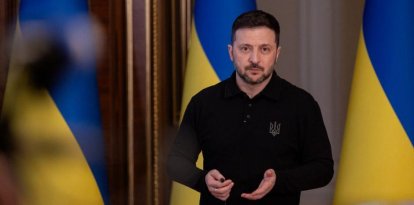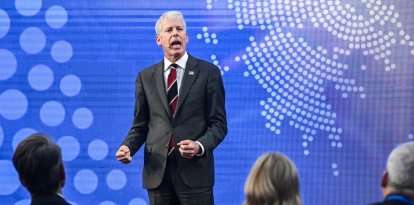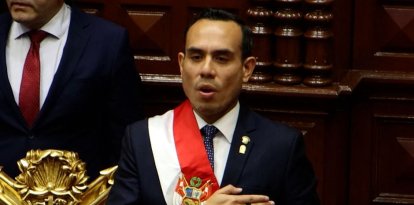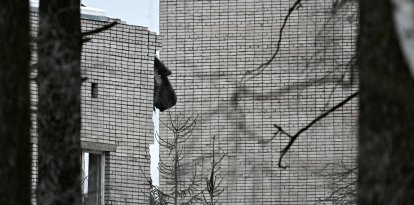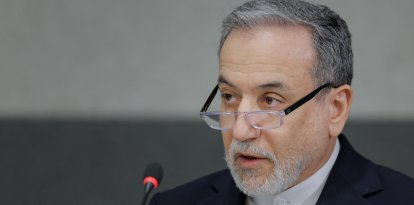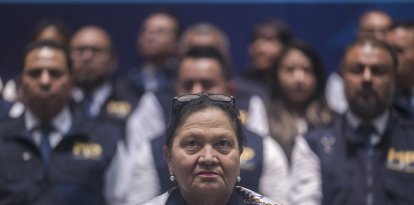German President dissolves Parliament and confirms early elections on February 23rd
After the fall of Olaf Scholz's coalition government, the Social Democrat lost a motion of confidence, allowing elections to be called.

German Chancellor Olaf Scholz leaves the plenary session of parliament.
On Friday, German President Frank-Walter Steinmeier dissolved parliament and officialy called for early elections on February 23, following the fall of Social Democrat Olaf Scholz's government.
Scholz's coalition collapsed due to infighting over how to revive the EU's leading economy. The deadly hit-and-run at the Magdeburg Christmas market last week reignited debates over security and migration.
Steinmeier, who confirmed the already announced date of the early elections on February 23, insisted that the country needs "political stability."
He also recalled the challenges that the future government will have to face: "economic instability, the wars in the Middle East and Ukraine," as well as the debates on migration and climate change.
Steinmeier called for the election campaign to be conducted "with respect and decency."
To this end, he said he expects "fair and transparent means to be used" and warned against the danger of "foreign influences (...) particularly strong on X," the social network of tycoon Elon Musk.
On December 17, the EU announced an investigation into TikTok following allegations that Russia used this platform to influence the presidential elections in Romania, which were subsequently annulled.
Likewise, during the U.S. election campaign, several studies indicated the dissemination of false information, particularly by bots, on the social network X.
"Hate and violence must have no place whatsoever in this election campaign, nor must denigration or intimidation," Steinmeier insisted. "All of that is poison for democracy," he added.
Olaf Scholz will remain in his post as interim head of government until a new executive is chosen, which could take several months.















